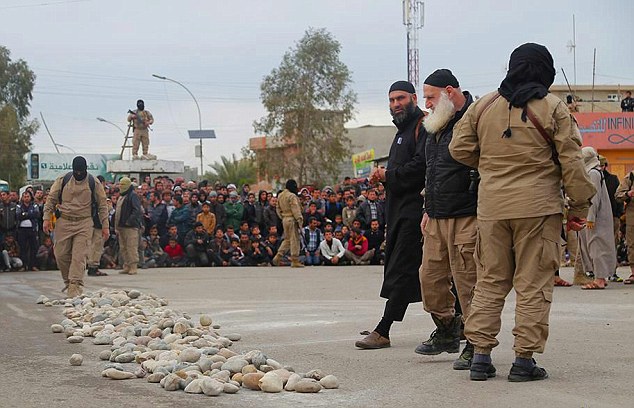Fifth Amendment to the United States Constitution
"No person shall be held to answer for a capital, or otherwise infamous crime, unless on a presentment or indictment of a Grand Jury, except in cases arising in the land or naval forces, or in the Militia, when in actual service in time of War or public danger; nor shall any person be subject for the same offense to be twice put in jeopardy of life or limb; nor shall be compelled in any criminal case to be a witness against himself, nor be deprived of life, liberty, or property, without due process of law; nor shall private property be taken for public use, without just compensation"
The Fifth Amendment to the United States Constitution is part of the Bill of Rights and protects against a person being compelled to be a witness against himself or herself in a criminal case. Taking the Fifth is a colloquial term for invoking the privilege that allows a witness to decline to answer questions that might incriminate him or her, without penalty or it counting against him or her. A defendant cannot be compelled to become a witness at his or her own trial, but if he or she should testify, he or she is not entitled to the privilege, and inferences can be drawn from a refusal to answer a question during cross-examination. The Amendment requires that felonies be tried only upon indictment by a grand jury. Federal grand juries can force people to take the witness stand, but defendants in those proceedings have Fifth Amendment privilege until they choose to answer any question. To claim the privilege for failure to answer when being interviewed by police, the interviewee must have explicitly invoked their constitutional right when declining to answer questions.
http://en.wikipedia.org/wiki/Fifth_Amendment_to_the_United_States_Constitution






